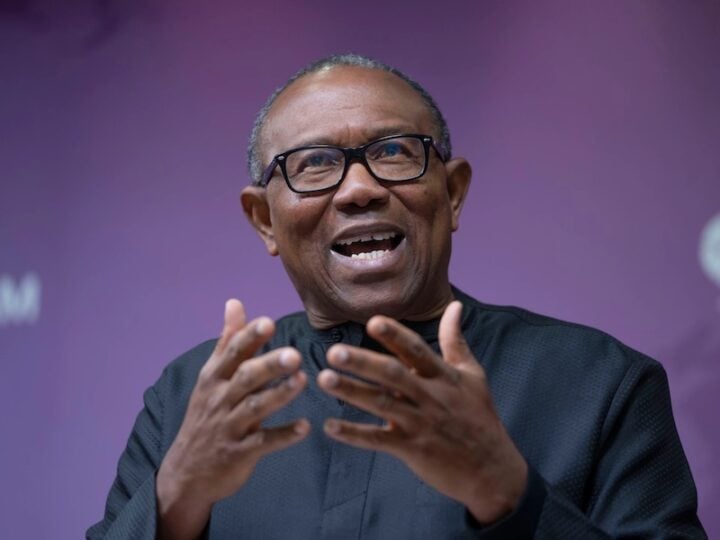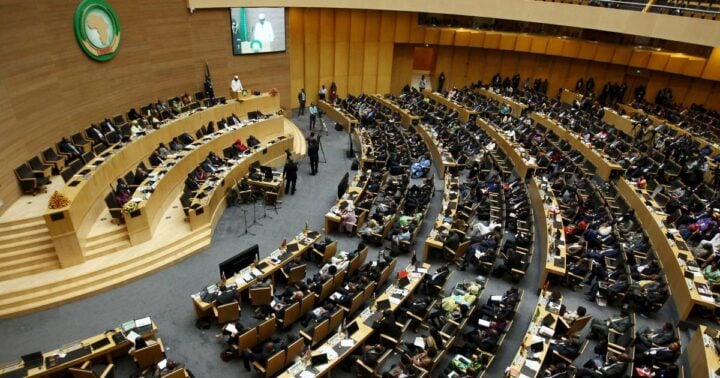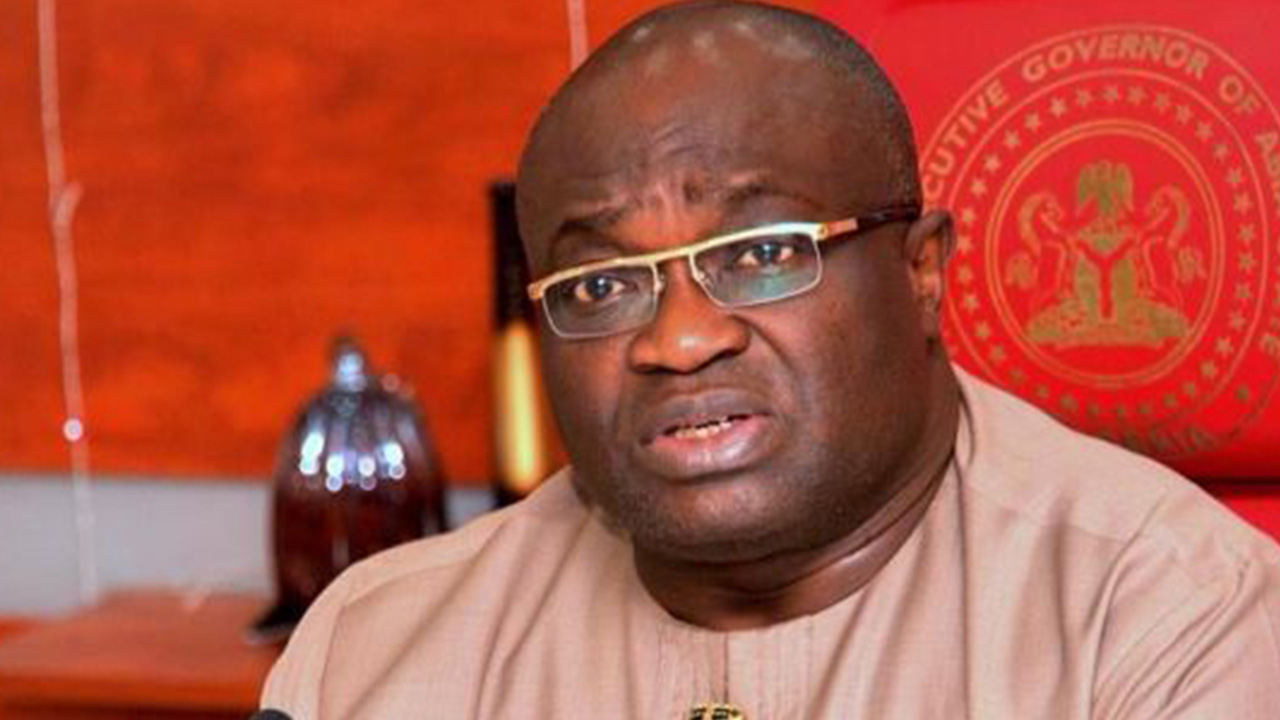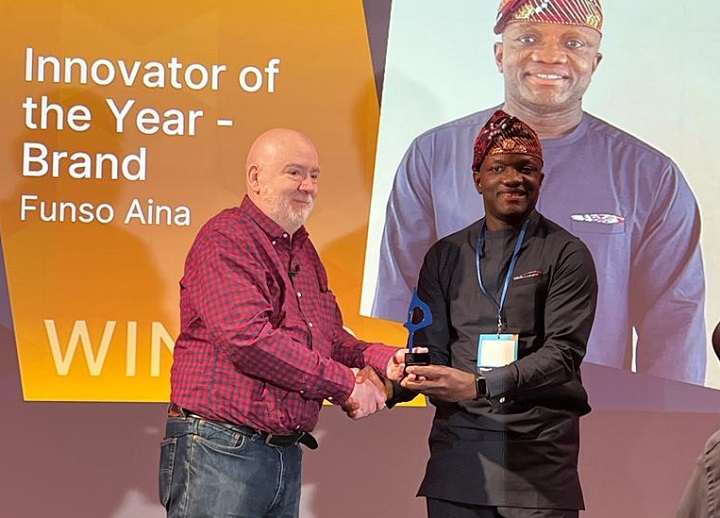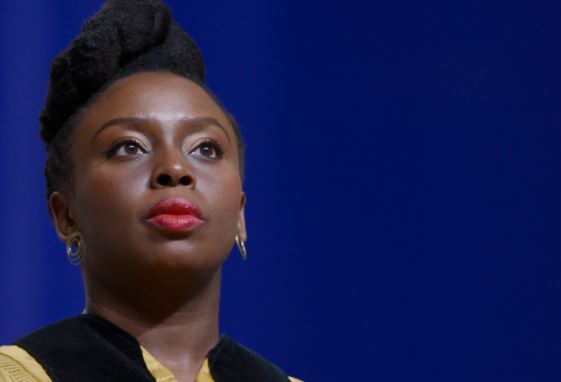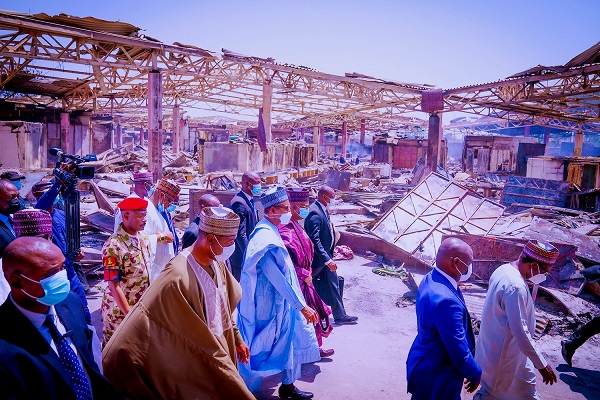Peter Obi
BY BAYO OLUPOHUNDA
A shocking revelation about how Nigerian politicians clandestinely exploit and use religion to mobilise support during elections even when they project a nationalistic, Pan-Nigerian outlook was exposed at the weekend. A groundbreaking scoop by the Peoples Gazette online newspaper revealed a discreet telephone conversation between the presidential candidate of the Labour Party, Peter Obi, and Bishop David Oyedepo, founder of the Winners Chapel.
In the audio conversation which obviously took place shortly before the February 25 presidential election, Obi was heard begging Oyedepo to help him mobilise Christian voters ahead of the election, especially those in the north-central states of Kwara, Kogi and Niger, declaring that the election was a “religious war”. Although Obi has said the audio was manipulated, the former governor of Anambra state was repeatedly heard saying “yes daddy” while the conversation lasted. “Daddy, I need you to speak to your people in the south-west and Kwara, the Christians in the south-west and Kwara. This is a religious war. Like I keep saying: if this works, you people will never regret the support,” he said in the audio.
Expectedly, the leaked audio has generated a lot of outrage and heated debate among Nigerians amidst denials from Peter Obi supporters. The first reactions came from ‘Obidients’ who immediately and off-handedly discredited the audio leak, arguing that it was created using artificial intelligence. But the denials by the Obidients contrasted sharply with the Labour Party’s spokesperson, Kenneth Okonkwo, who confirmed the authenticity of the conversation between Peter Obi and Oyedepo. In a Twitter thread, Okonkwo rather than debunk the leaked audio said Obi was simply asking Oyedepo to help him pass a message to voters. The LP spokesman further described the audio as a private conversation between the duo, adding that Obi was merely asking the cleric to mobilise support for him ahead of the election.
Advertisement
But Okonkwo’s reaction drew the ire of the Obidients. Ndi Kato, the spokesperson of the Datti Baba-Ahmed presidential campaign team, was the first to disagree with Okonkwo. In a TV interview, she expressly debunked the audio leak, describing it as doctored. Kato’s position was supported by the head of the Obi-Datti Media office, Diran Onifade, who described the audio as a deep fake and a plot by the APC to smear Obi’s reputation.
However, in spite of the denials by Peter Obi’s supporters who had tried unsuccessfully to cast doubt on the audio, one fact endures – the authenticity of the leaked audio is not in doubt as fact-checkers have also confirmed that indeed the audio conversation was the voice of Obi and Oyedepo. The conversation between Obi and Oyedepo has been received with outrage by Nigerians, with a large number of people shocked by Obi’s “this is religious war” rhetoric given that the LP candidate had presented himself as an open-minded candidate who was running not on the basis of his ethnicity or religion, but based on competence.
This development also raises a number of questions. Is Peter Obi a religious bigot as his critics have accused him of? Should he have exploited Christian support to gain electoral advantage even as he projects to campaign on values devoid of primordial sentiments? Should he have considered his candidacy as a counter-response to APC’s all-Muslim ticket which was the background to his statement that the election was a “religious war” in the leaked audio? Has Peter Obi been caught in a double standard scenario?
Advertisement
In my view, Peter Obi’s “religious war” rhetoric paints a larger picture of how Nigerian politicians exploit our fault lines for political gains. Religion has always played a role in elections. The 2023 elections were not different. During the build-up, for example, the choice of an all-Muslim ticket by the All Progressives Congress generated a lot of controversy with the largely Christian population considering it insensitive to their faith.
Obi had also courted the endorsement of religious leaders and clerics with numerous church visits. The APC all-Muslims ticket and Obi’s open courtship of Christians thus had set the stage for divisive political rhetoric that characterised the 2023 elections. This was evident in the conversation between Obi and Oyedepo.
When Obi referred to the election as a “religious war”, he knew that the only way he could mobilise the support of Christian leaders such as Oyedepo is to exploit the Christian-Muslim divide given the angst with APC’s Muslim-Muslim ticket. Peter Obi did not hide his strategy to actively seek Christian votes while at the same time projecting a nationalistic outlook and insisting his campaign was issues based. But this contrasts sharply with his frequent church visits and honouring of invitations by pastors who openly canvassed for votes for Obi and endorsed him as a Christian candidate against the Muslim-Muslim ticket of the APC which is why during the campaign, Nigerians often heard the divisive rhetoric of “light vs darkness” and “Christian vs Muslim”.
Is Peter Obi a bigoted politician as his critics have labelled him? Again, in my opinion, given Obi’s many church rounds during the campaigns and the religious war rhetoric from the leaked audio where he appeared to present his candidacy to Oyedepo as a counter-response to APC’s all-Muslim ticket, the Labour Party’s candidate certainly recognises the role of religion in our politics and was prepared to deploy this fault line to mobilise the support of Nigeria’s Christian community.
Advertisement
But what does that make of him? Does he not inadvertently fall into the slippery slope of mixing religion with politics and using it to gain advantage thereby revealing some trait of religious bigotry which is in conflict with the image he projects of himself? I also think that Obi, though, may have projected a cosmopolitan image, he revealed his true self in a desperate close to the elections bid to secure victory.
This is typical of all politicians. While he may truly want to approach governance differently, he still could not avoid the dangerous and divisive path of appealing to base, in this case, religion. This is the Nigerian conundrum. It is a dilemma that has dogged many Nigerian politicians. It is the Nigerian dilemma. Does this take away from Peter Obi? This is open for debate. But one fact stands out. The Labour Party’s candidate is only a victim of Nigeria’s complexities. Rising above these fault lines without being entrapped is a huge test. Maybe we will get there someday because that is the new Nigeria we seek.
Views expressed by contributors are strictly personal and not of TheCable.
